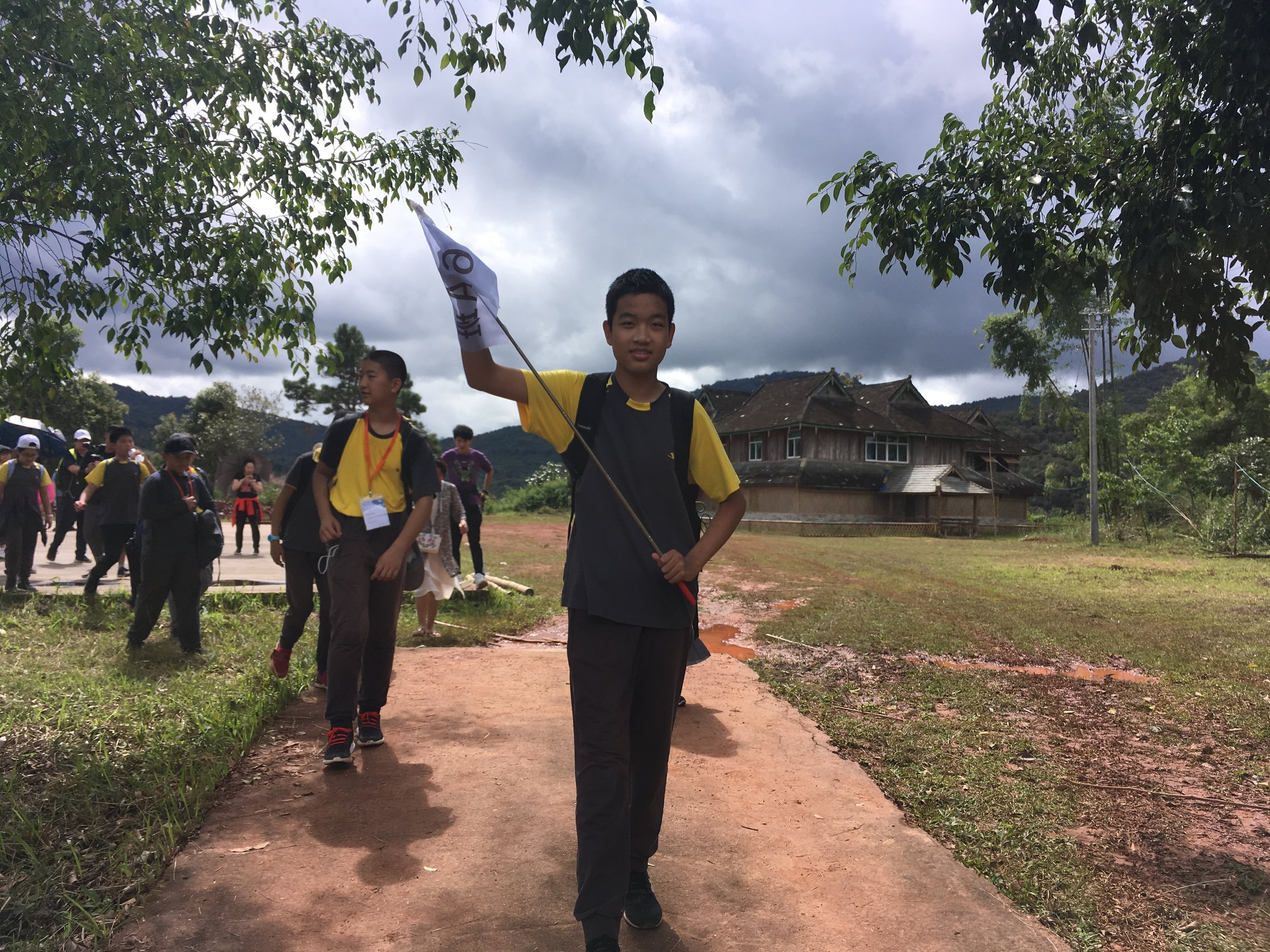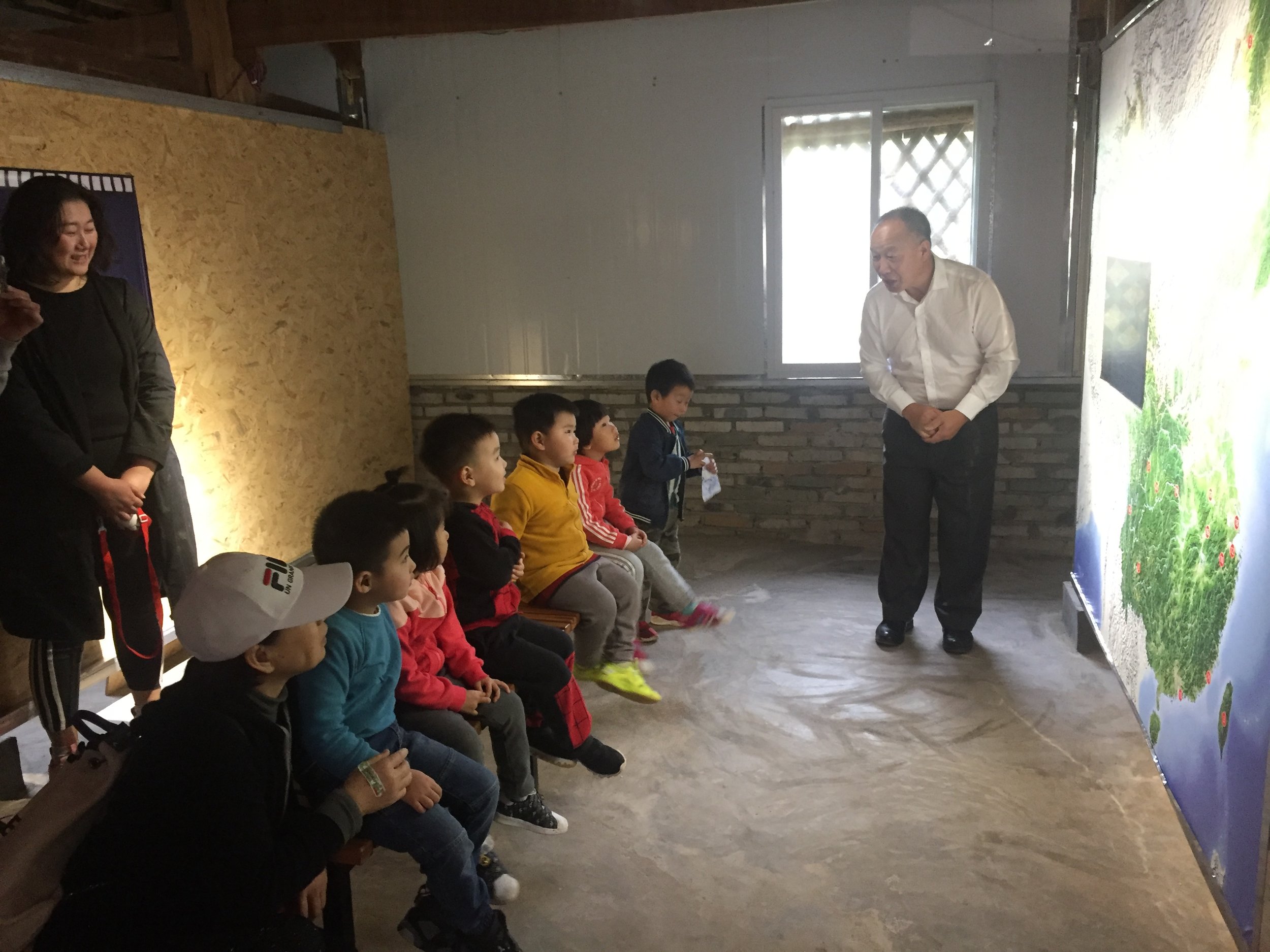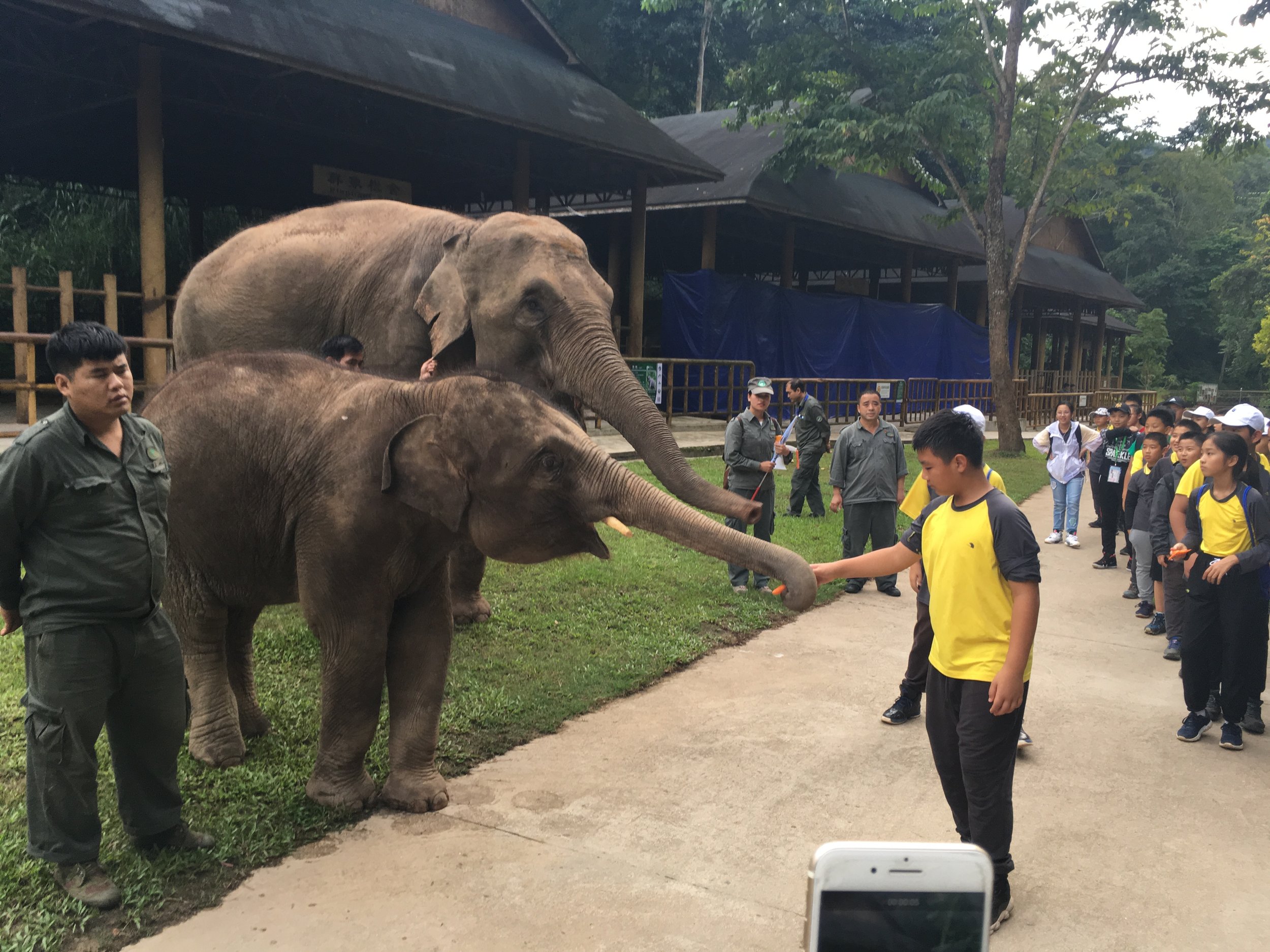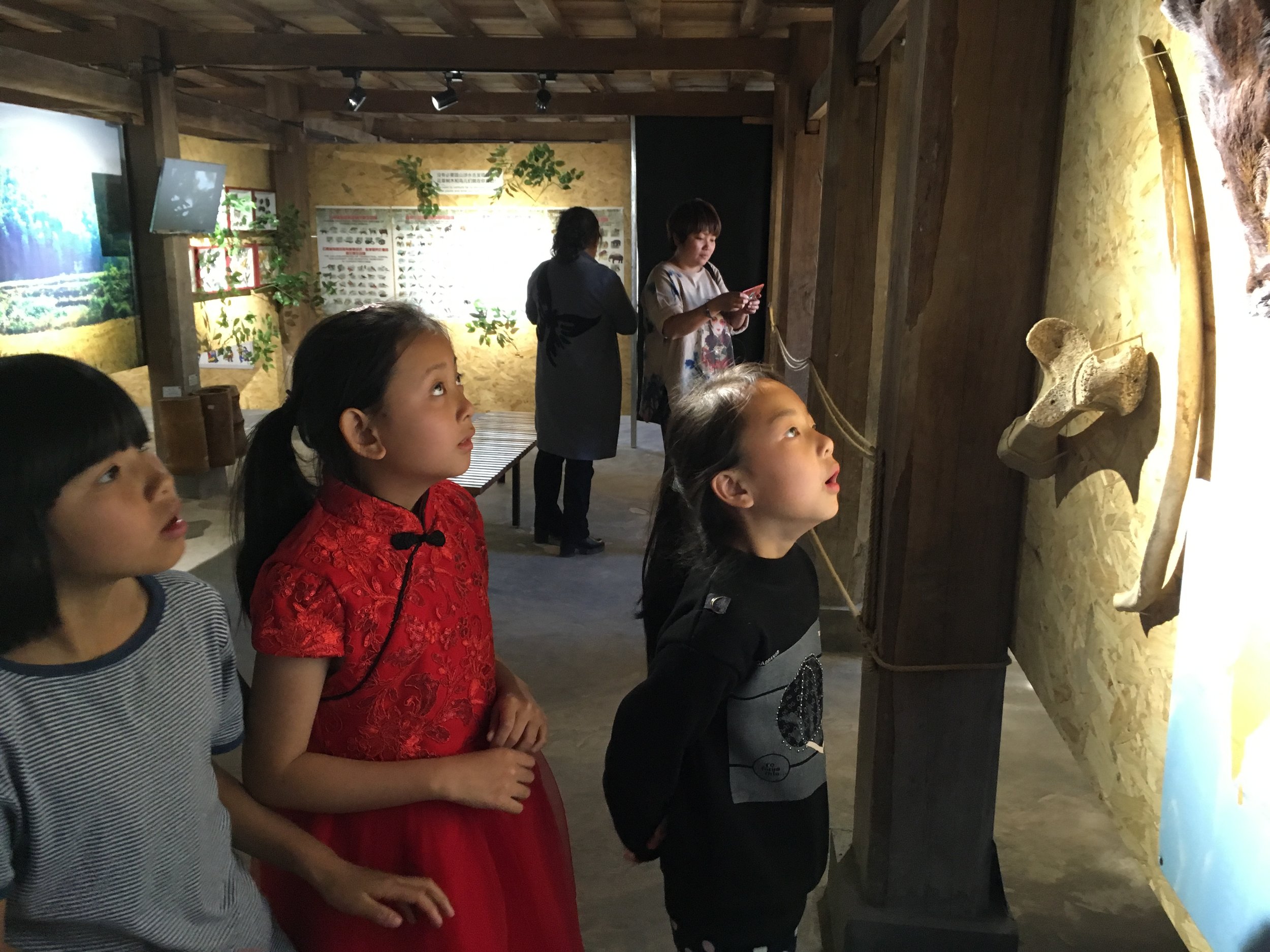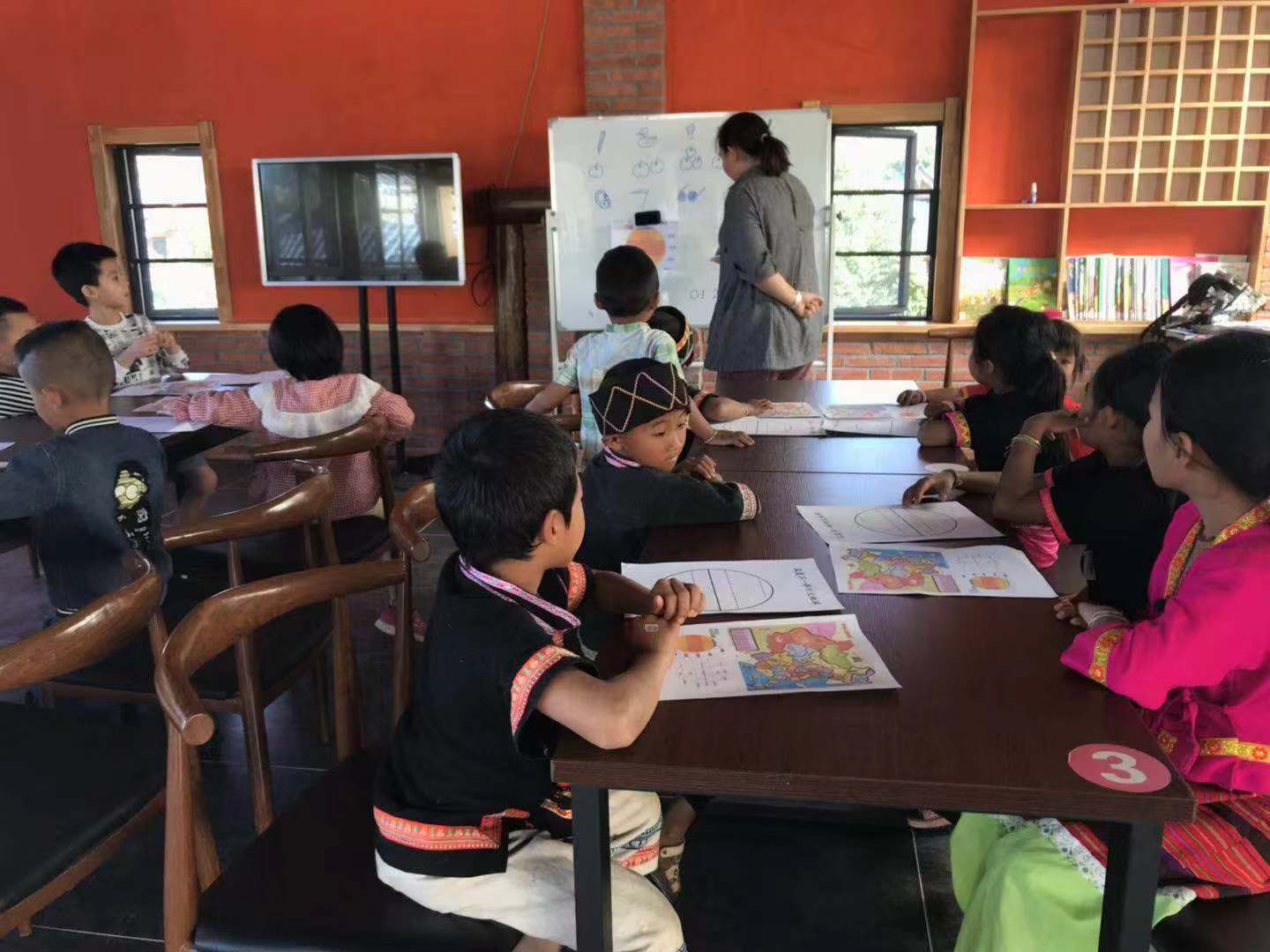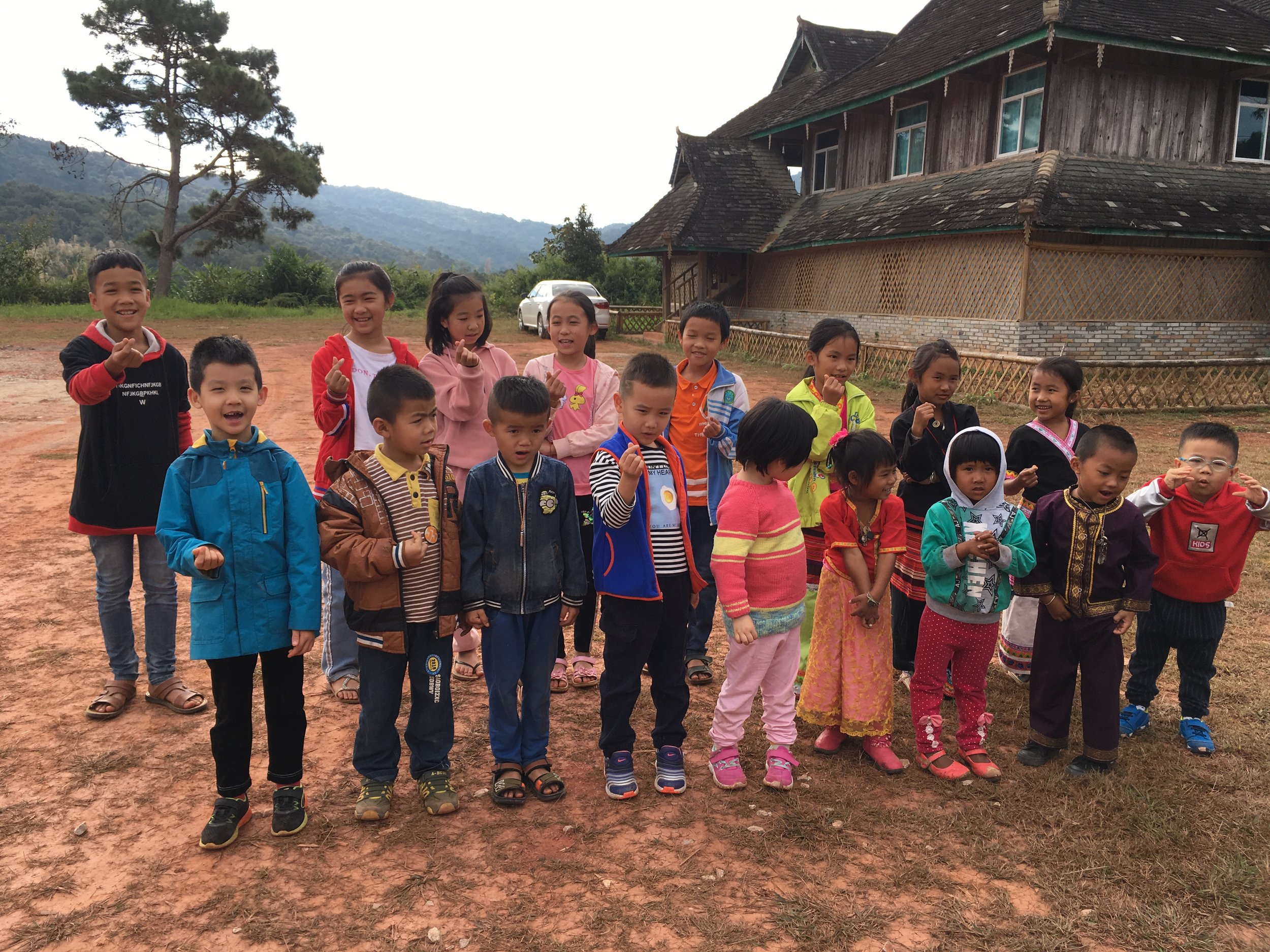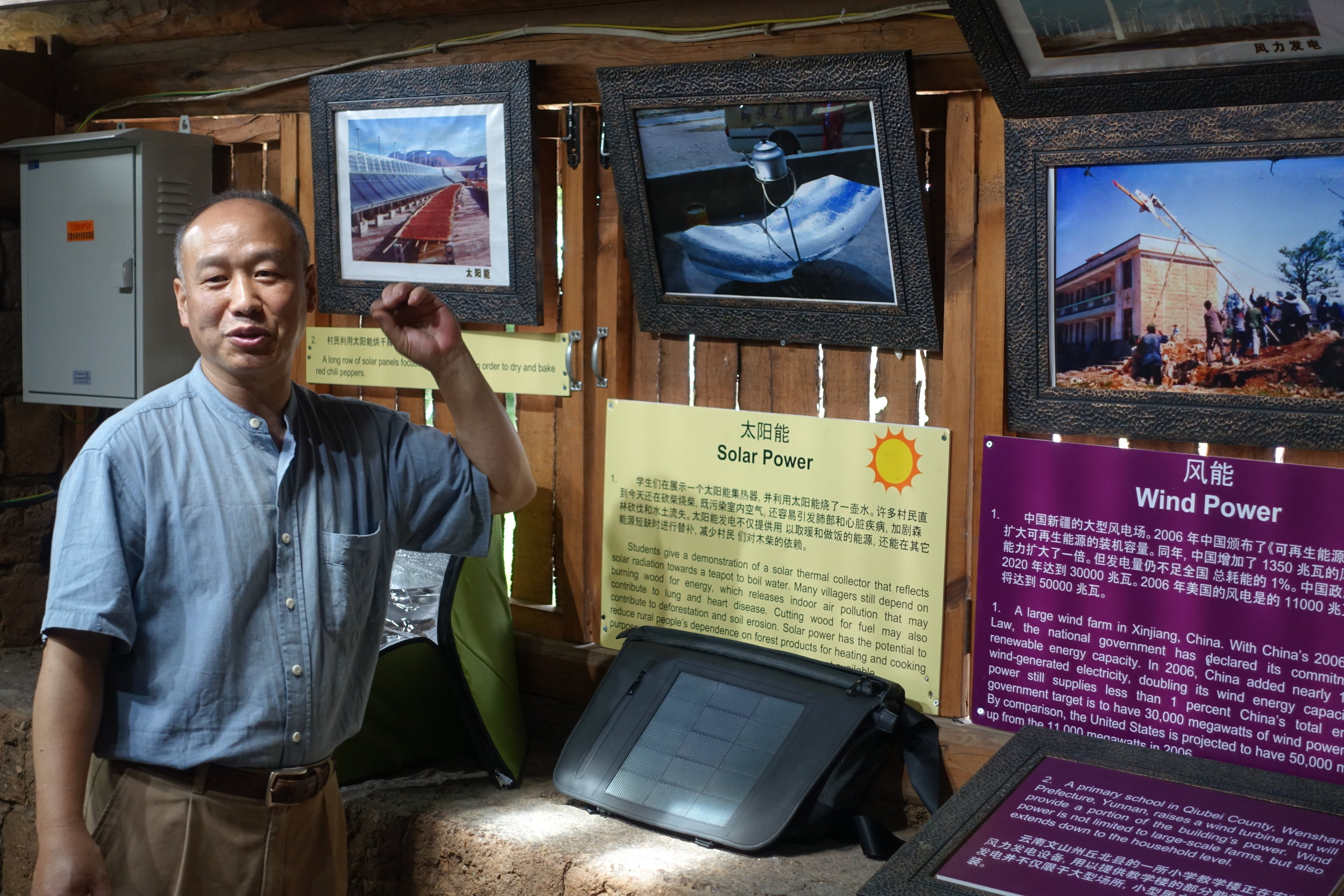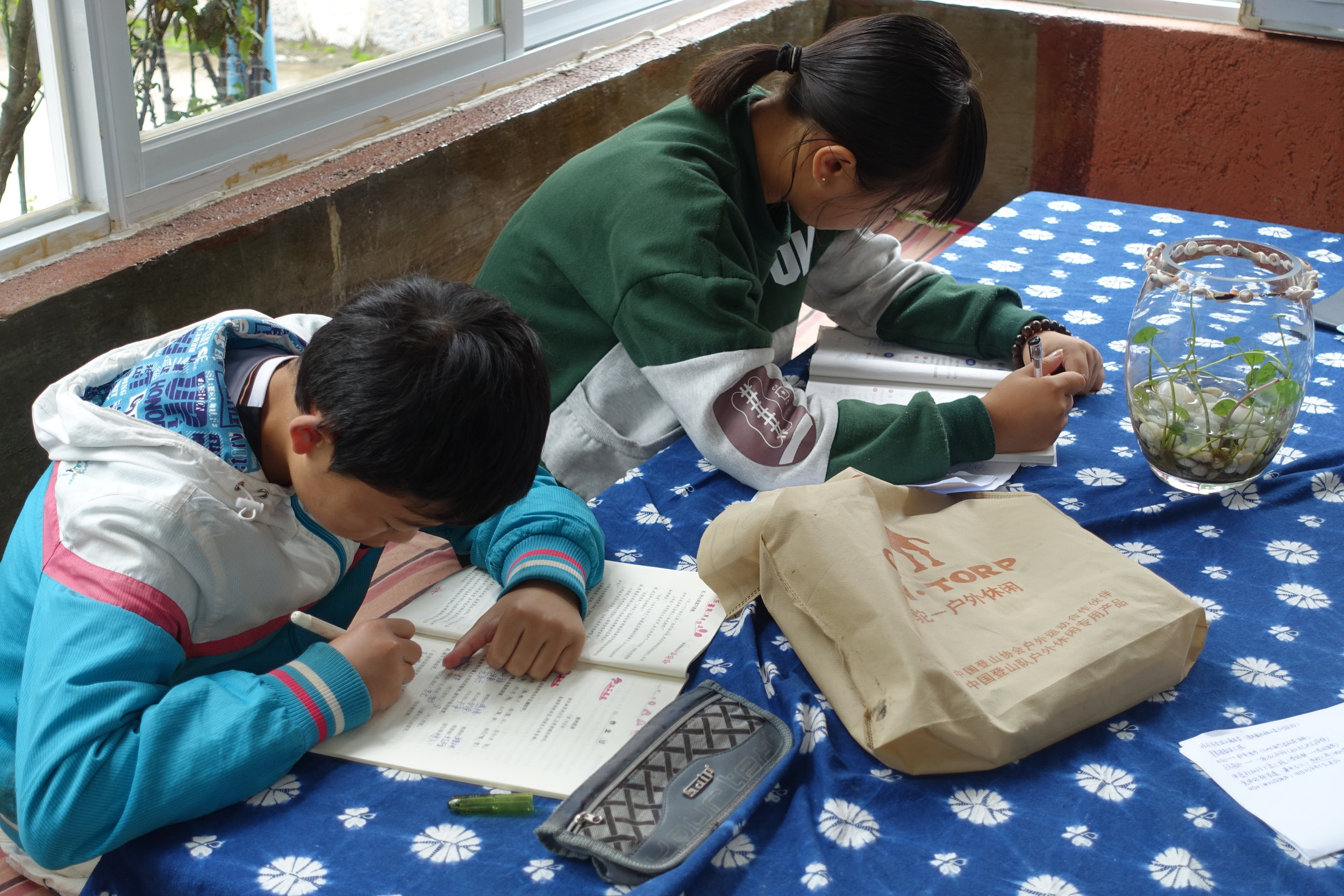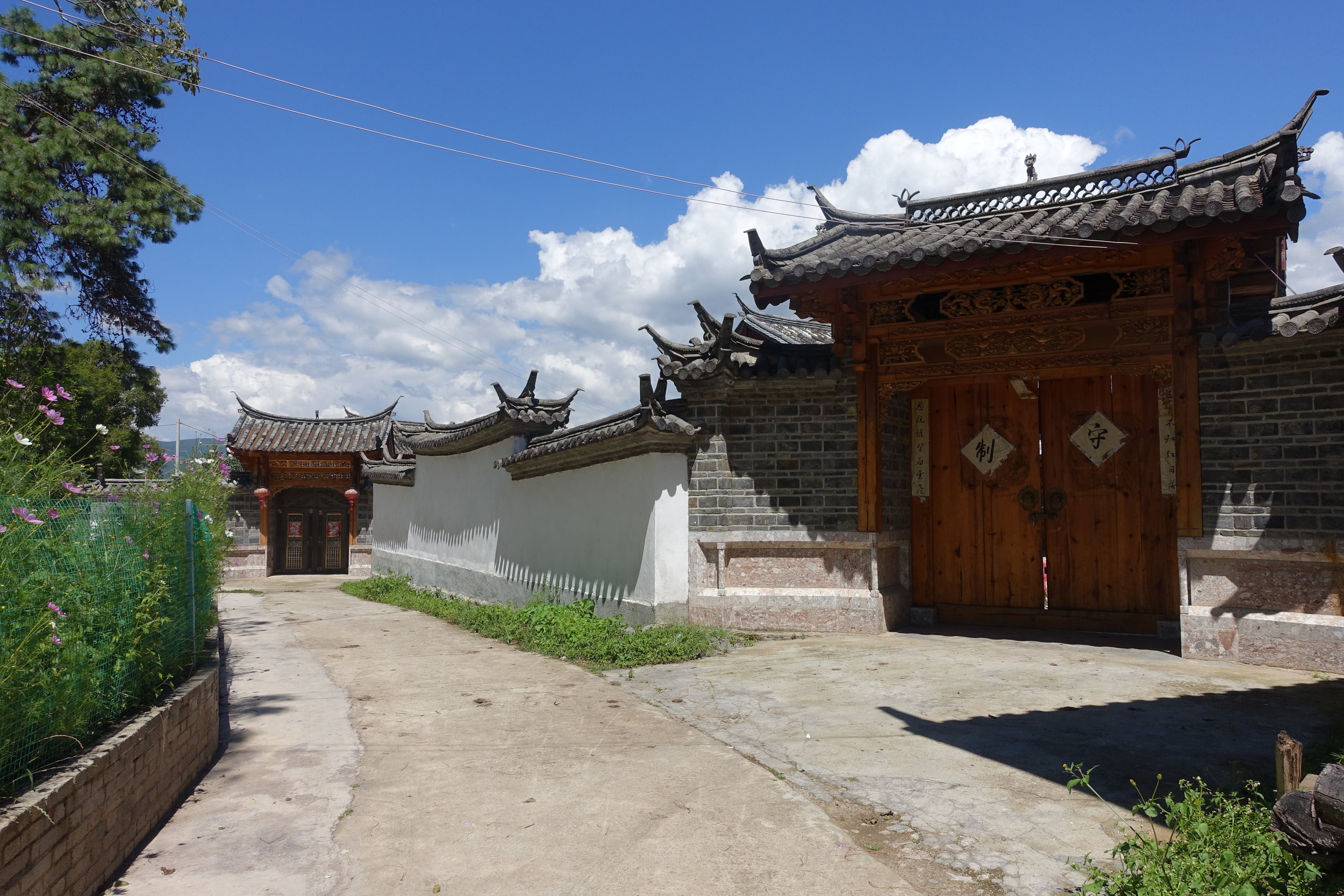Nature camps in Xishuangbanna
Partner: Yunnan EcoNetwork
Xishuangbanna is located in the extreme south of Yunnan, China. It is crossed by the Mekong river, which provides 25% of the world’s freshwater catch. Due to its tropical climate and remoteness, Xishuangbanna retains the highest biodiversity of the Yunnan province, which itself, harbors the largest variety of plant and animal life of China. Xishuangbanna is home to the last few Asian elephants. Unsustainable use of the natural resources are threatening the environment and the local populations in the region. Intensive fisheries and construction of dams to produce electricity deplete fish reserves. Deforestation for the production of rubber and tea deprive of a home Asian elephants and other species depending from tropical forests such as gibbons or green peacocks. This results in a dramatic decline of those populations.
What Slow Motion Projects will do
To raise awareness about the environmental issues in the region of Xishuangbanna, our local partner Yunnan EcoNetwork has built an environmental education centre hosting a museum, supported by SMP. The centre is a replicate of the Lijiang Green Education Centre, running since 2010 and renovated by Slow Motion Projects in 2016. Slow Motion Projects wants to support Yunnan EcoNetwork in welcoming school children and students from the whole China and offering them classes on the environmental sciences, with a special focus on wildlife and conservation in China, as well as sustainability. The students will also get the chance to learn interactively about the Xishuangbanna ecosystems trough guided tours of the nearby nature reserve. During the training, they will also complete activities within the villagers communities such as education to garbage management, installation of solar lights and ovens or training about production and use of biogas. Local villagers will be hired by the project to host the students, thereby encouraging sustainable development in the region.
Our local partner
In 2001, Yonsong Chen decided that his life had to change. Chen, a former employee at the foreign affairs office of the Yunnan province government, worried about the low public concern for environmental protection in China and decided to dedicate his life to giving people a sense of social responsibility. He founded the NGO Yunnan EcoNetwork in his beautiful Yunnan province, flanked on the north-west by tall Himalayan summits and crossed by the Mekong river. He also built the Green Education Center on the Lashihai wetland plateau near the city of Lijiang.
The Center organises guided tours for school children, students, and employees of local companies, in which Mr Chen and his team show the beauty and value of the surrounding natural environment, the conservation challenges faced by local people, and the range of sustainable solutions available to them. Thanks to an outstanding passion and relentless will to transmit it and engage with people, Yonsong Chen and Yunnan EcoNetwork also run regional and national campaigns to show people the long-term benefits of sustainable individual behaviours, such as waste recycling. Those campaigns also have a social integration value, as they unite people living in Chinese cities around the same values of social and environmental responsibility.
Completed projects
Renovation of Lijiang's Green Education Centre's museum and creation of a new exhibition
In the summer of 2016, Slow Motion Projects helped Yunnan EcoNetwork to increase the number of visitors of the Green Education Centre in Lijiang, Yunnan. With the support of the City of Lijiang, we transformed the Centre into an eco-friendly building using renewable energy sources of energy and preserving natural resources. Together with Yunnan EcoNetwork, we created a new exhibition intended for multiple audiences: children, students, academics, and the general public. Through this exhibition, visitors can understand the beneficial effects of sustainable lifestyles on their environment, and beyond this change their behaviour. The exhibition clearly illustrates the link between individual health and concrete environmental problems such as air pollution or water and land contamination.
Thanks to your support, we:
Installed solar panels and built an educational eco-garden at the Green Education Centre
Provided material for the new exhibition: interactive screens, educational posters, illustrative models
Gave jobs to Yunnan EcoNetwork interns and team members to build, promote and guide the exhibitions.



